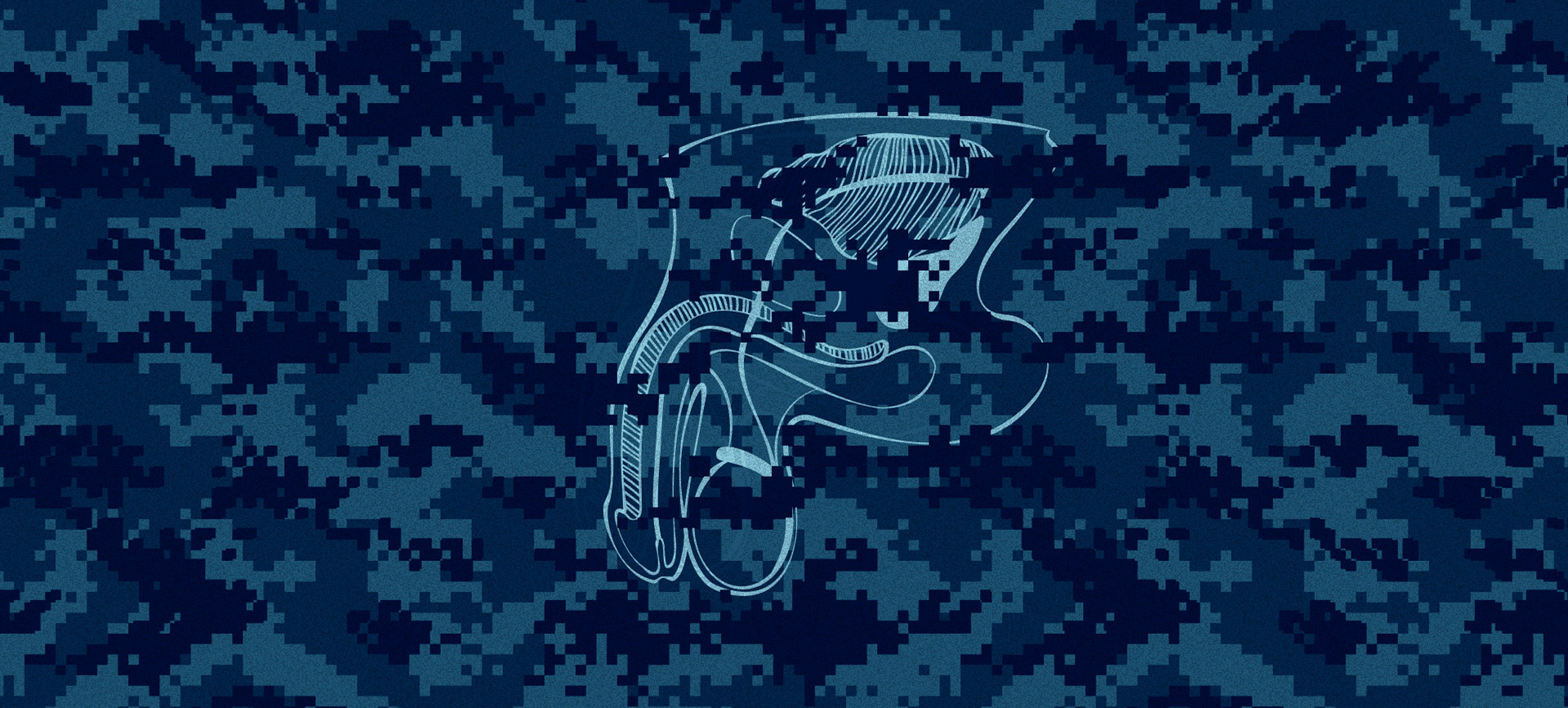People who serve in the military play a critical role for the nation they serve—often at personal expense. Armed forces personnel encounter unique occupational exposure to physical and psychological trauma that is unparalleled in civilian society. These hazards can affect their well-being in both anticipated and unanticipated ways.
One rarely discussed outcome of military service is the negative impact on reproductive health—for both men and women. We're going to shine a light on this subject in a three-part series. The stories will discuss fertility aspects that military personnel need to consider (including the key factors affecting fertility for active-duty service members and veterans), the military healthcare system, and what support is (or is not) available to members facing infertility.
Finally, we will look at the reasons female veterans face higher rates of hysterectomies compared with nonveterans, and how incidences of sexual assault and post-traumatic stress disorder (PTSD) impact the likelihood a veteran will undergo this major surgery.
Join us as we gain a deeper understanding of the sacrifices members of the military willingly make while they work to keep the nation safe.









